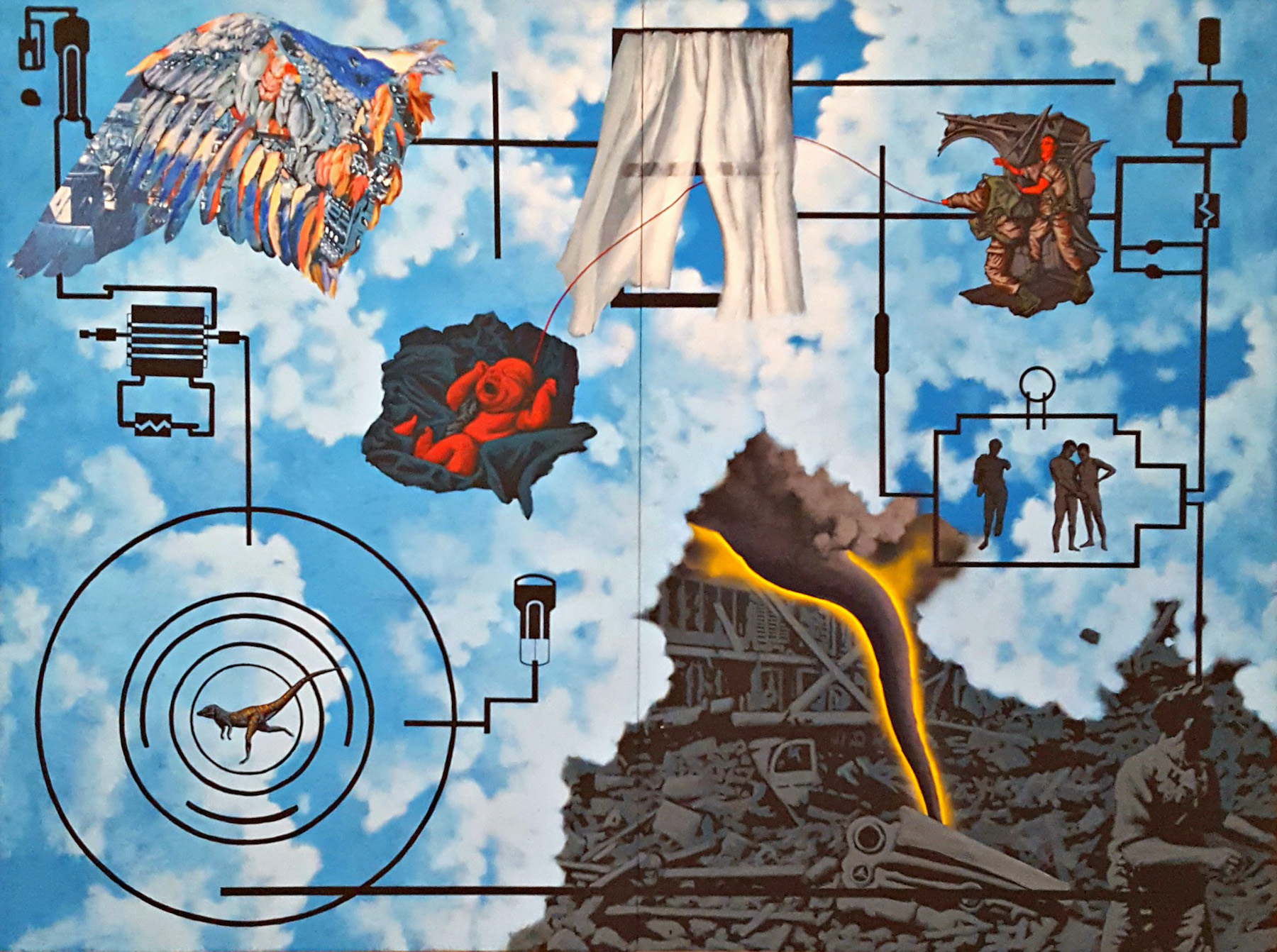Reading for Opacity and the Cognitive Value of Literary Fiction
DOI:
https://doi.org/10.58519/aesthinv.v3i1.11958Keywords:
Literary fiction, cognitive value, interest at a distance, opacity, experience of reading fictional narrativesAbstract
This article addresses the question of the cognitive value of literary fiction starting from Peter Lamarque’s opacity thesis. My intention is to articulate the cognitive value of literary fiction in accordance with the opacity thesis avoiding the pitfall of formalism to which the opacity thesis risks to be reduced. In a first part, I examine Lamarque’s opacity thesis and discuss the problems of the distinction between opacity and transparency in case of literary fiction. In a second part, I thematize the reader’s interest in reading literary fiction and I analyze it in terms of an interest at a distance. This examination enables me to articulate the cognitive value of literary fiction as intrinsic to the reader’s experience of literary fiction. The main argument for this approach is based upon an observation that I borrow from Roman Ingarden’s reflections on the literary artwork, according to which the reader’s focus on the literary fictional narrative as a whole distinguishes the reading experience of literary fiction. I argue that this focus on the narrative as a whole leads beyond a propositional understanding of the experience of literary fiction and helps us to better understand the reader’s interest in reading literary fiction.
Downloads
Downloads
Published
Issue
Section
License

This work is licensed under a Creative Commons Attribution 4.0 International License.
Authors who publish with this journal agree to the following terms:
Authors retain copyright and grant the journal right of first publication with the work simultaneously licensed under a Creative Commons Attribution License that allows others to share the work with an acknowledgement of the work's authorship and initial publication in this journal. Note: up to volume 4 issue 1, an incorrect copyright line appears in the PDFs of the articles.
Authors are able to enter into separate, additional contractual arrangements for the non-exclusive distribution of the journal's published version of the work (e.g., post it to an institutional repository or publish it in a book), with an acknowledgement of its initial publication in this journal.
Authors are permitted and encouraged to post their work online (e.g., in institutional repositories or on their website) prior to and during the submission process, as it can lead to productive exchanges, as well as earlier and greater citation of published work (See The Effect of Open Access).






